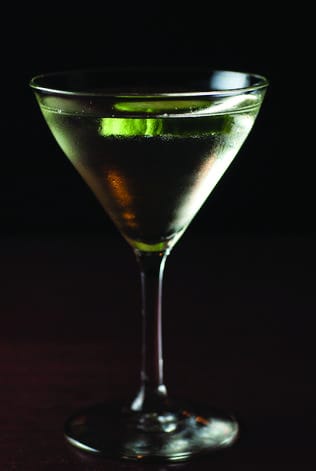Graphene oxide filters out water
Humorous application includes making vodka stronger

In a paper recently published in Science, a team from the University of Manchester has reported that graphene oxide is capable of selectively filtering water molecules, leaving all other types of molecule blocked. This is a particularly surprising result for the team, who, from previous research, expected the graphene derivative to be completely impermeable.
More surprising with this research is that water permeated through the membrane at a rate very similar to that of water permeating through a system with no membrane.
The team used a cylinder filled with water vapour to conduct the investigation. A seal made of porous copper plates coated with graphene oxide was used to cover the container, and then the loss of mass of the cylinder over time was measured.
Additionally, when the cylinder was filled with other gases (such as hexane, ethanol, and helium), there was almost no loss of mass over a 24-hour period. This shows that the membrane prevented any gases other than water vapour from escaping.
This seems to be a property of graphene oxide, rather than graphene itself – when the film was made of chemically derived graphene, permeability dropped again.
Producing substances capable of blocking helium is a non-trivial task, with even glass allowing some to permeate through. The fact that graphene oxide allows water to pass through almost unimpeded, yet completely blocks other gases, surprised scientists.
Under normal conditions, graphene oxide would have water molecules in capillaries located within the layers (where the other gaseous particles would otherwise travel), and it is these molecules that prevent the flow of other gases. Water can still flow through, as the water at the top of the layer evaporates off leaving .
In low humidity (i.e. when there is not much water vapour in the cylinder), the water within the layers is not replenished when it evaporates from the top, causing the capillaries to shrink. This also prevents water molecules escaping.
Applications for this could include filtration and separation, and could find use in situations where it is desired to remove just water from a sample. In a more humorous test, the team sealed a bottle of vodka using the same mechanism, and found that the vodka became stronger over time as the water vapour evaporated through the seal.






